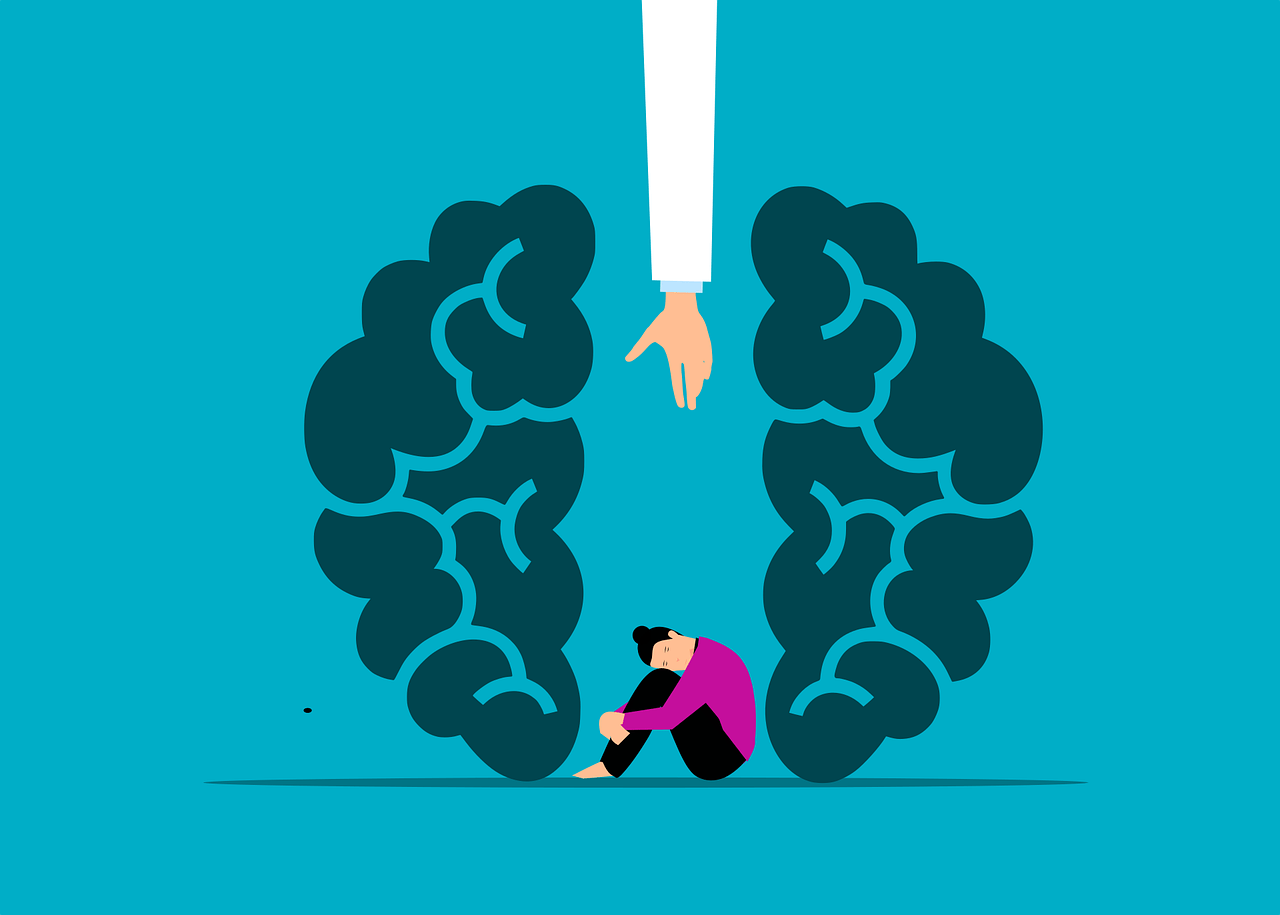In our article, “Promoting Mental Health in the Digital Age,” we will explore the importance of prioritizing mental well-being in today’s technology-driven world. As we navigate the constant connectivity and digital distractions of the modern age, it is crucial to address the impact on our mental health. By discussing strategies for maintaining a healthy balance between digital consumption and self-care practices, we aim to promote a holistic approach to mental well-being in the digital age.
Can the Digital Age Impact Mental Health?
In today’s fast-paced digital world, we are constantly bombarded with information and stimuli from various sources. From social media to work emails, we are always connected and engaged with technology. But can this constant exposure to digital devices and platforms have a negative impact on our mental health?
Let’s explore the ways in which the digital age can influence our mental well-being and discuss strategies to promote mental health in this technology-driven era.
Social Media and Mental Health
Social media platforms have become an integral part of our daily lives, allowing us to connect with friends and family, share experiences, and stay updated on current events. However, excessive use of social media has been linked to various mental health issues, such as anxiety, depression, and low self-esteem.
The constant comparison with others, the fear of missing out (FOMO), and the pressure to present a perfect image online can all contribute to negative feelings and emotions. As a result, it is essential to establish healthy boundaries and limit our time spent on social media to protect our mental well-being.
Digital Detox and Its Benefits
Taking a break from digital devices and platforms can have a significant positive impact on our mental health. A digital detox allows us to disconnect from the digital world, reduce stress, and focus on activities that promote relaxation and well-being.
By engaging in offline activities such as reading, exercising, spending time in nature, or practicing mindfulness, we can recharge our mental batteries and improve our overall mental health. It is essential to incorporate regular digital detoxes into our routine to maintain a healthy balance between technology and well-being.

This image is property of pixabay.com.
Online Counseling and Mental Health Support
The digital age has also revolutionized the way we access mental health support and services. Online counseling platforms and mental health apps have made therapy more accessible, convenient, and affordable for individuals seeking professional help.
These digital tools offer a range of services, including therapy sessions, mental health assessments, self-care resources, and crisis intervention. Online counseling can be especially beneficial for those who may not have access to traditional mental health services or prefer the anonymity and flexibility of digital therapy.
Mental Health Apps and Self-Care Tools
In addition to online counseling, there are numerous mental health apps and self-care tools available to help individuals manage their mental well-being. These apps offer features such as mood tracking, meditation exercises, breathing techniques, and cognitive-behavioral therapy (CBT) tools to support mental health maintenance and self-care practices.
By incorporating mental health apps into our daily routine, we can track our emotional well-being, practice mindfulness, and develop coping strategies to navigate stress and anxiety. These digital tools can empower us to take control of our mental health and cultivate a positive mindset.

This image is property of pixabay.com.
Balancing Screen Time and Real-Life Interactions
Finding a balance between screen time and real-life interactions is crucial for promoting mental health in the digital age. While technology can connect us with others and provide valuable information, excessive screen time can lead to feelings of isolation, loneliness, and disconnection.
It is essential to prioritize face-to-face interactions, socialize with friends and loved ones in person, and engage in offline activities that foster genuine connections. By striking a balance between our digital engagement and real-life interactions, we can strengthen our social support network, boost our mood, and enhance our overall well-being.
Setting Digital Boundaries and Practicing Mindful Technology Use
Establishing healthy digital boundaries and practicing mindful technology use are essential strategies for promoting mental health in the digital age. Setting limits on screen time, turning off notifications, and creating tech-free zones in our homes can help us reduce digital distractions and focus on activities that nourish our mental well-being.
Practicing mindfulness while using technology involves being present, attentive, and intentional with our online interactions. By being mindful of our digital habits, we can prevent digital overwhelm, reduce stress, and cultivate a healthier relationship with technology.

This image is property of pixabay.com.
The Role of Education and Advocacy in Mental Health Awareness
Educating ourselves and others about mental health awareness is crucial for breaking the stigma surrounding mental illness and promoting positive mental well-being in the digital age. By raising awareness about mental health issues, advocating for mental health resources, and promoting self-care practices, we can create a supportive and inclusive environment for those struggling with mental health challenges.
It is essential to engage in open conversations about mental health, seek professional help when needed, and support one another in our mental health journey. By fostering a culture of mental health awareness and empathy, we can create a more compassionate and understanding society for individuals facing mental health issues.
Conclusion
In conclusion, promoting mental health in the digital age requires a proactive approach to managing our digital engagement, prioritizing self-care practices, and seeking professional support when needed. By establishing healthy boundaries, engaging in offline activities, utilizing mental health apps, and advocating for mental health awareness, we can navigate the challenges of technology and nurture our mental well-being.
It is essential to prioritize our mental health in this technology-driven era, protect our well-being from the negative impacts of digital devices, and cultivate a positive mindset that promotes resilience and self-care. By embracing a holistic approach to mental health, we can thrive in the digital age and lead fulfilling and balanced lives.


